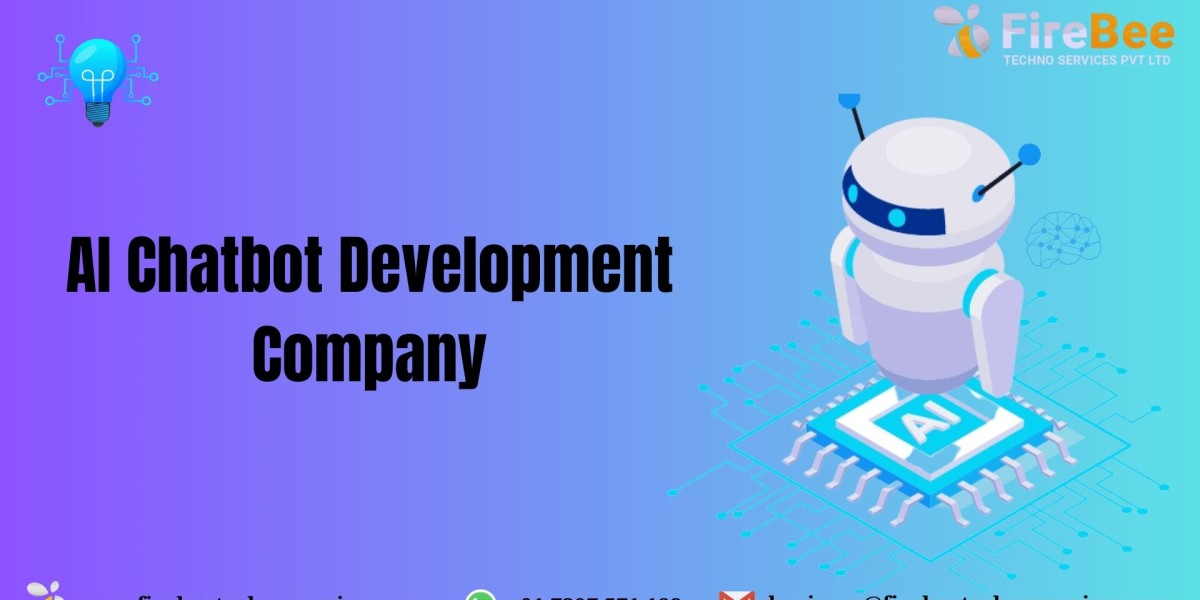Conversational AI Advancements: AI chatbots will become more capable of engaging in natural and contextually relevant conversations. They will better understand user intent, maintain context over longer interactions, and provide more accurate and personalized responses.
Multimodal Capabilities: Future chatbots will not only rely on text but also integrate visual and auditory inputs and outputs. This means they can process images, videos, and audio clips to enhance the user experience and provide more comprehensive assistance.
Emotional Intelligence and Empathy: Developers are working on imbuing chatbots with emotional intelligence, enabling them to recognize and respond to users' emotional states. Empathetic interactions will help build stronger user relationships and improve overall user satisfaction.
Human-Agent Collaboration: Chatbots will increasingly work alongside humans, serving as virtual teammates or assistants. They will handle routine tasks, provide suggestions, and help users navigate complex systems, freeing up human agents for more complex and strategic activities.
Personalization and User Context: Future chatbots will leverage user data to provide highly personalized experiences. They will take into account user preferences, history, and context to deliver more relevant and timely responses.
Ethical and Responsible AI: As chatbots become more advanced, ethical concerns will grow. Ensuring transparency, fairness, and privacy in chatbot interactions will be a key focus, and regulations may evolve to govern their development and deployment.
Continuous Learning and Adaptation: Future chatbots will have the ability to learn from each interaction, improving their performance over time. This could involve both supervised learning from human feedback and unsupervised learning from real-world conversations.
Cross-Lingual and Global Reach: AI chatbots will break language barriers, enabling seamless communication across different languages. This will be crucial for businesses and individuals operating in a globalized world.
Integration with IoT and Smart Devices: Chatbots will be integrated with the Internet of Things (IoT) ecosystem, allowing users to control and interact with smart devices through natural language commands.
Voice-Enabled Assistants: Voice-based AI chatbots like virtual assistants will continue to gain popularity, enabling hands-free interactions and integrating with smart speakers, cars, and other voice-enabled devices.
Hybrid Models and Human Oversight : Combining AI with human oversight will become more common to ensure accuracy, safety, and quality control, especially in critical or sensitive applications.
Niche and Industry-Specific Chatbots: AI chatbots tailored for specific industries, such as healthcare, finance, and customer service, will continue to emerge, providing specialized assistance and expertise.
In conclusion, the future of AI chatbot development will likely involve more natural and context-aware conversations, enhanced multimodal capabilities, ethical considerations, and increased collaboration between humans and machines. As technology continues to evolve, AI chatbots will play an increasingly integral role in various aspects of our personal and professional lives. If you want to develop your AI Chatbot, fire bee techno services are the right platform for your business. We provide 50+ AI chatbot development projects all over the world get a free demo instantly.
Mail: business@firebeetechnoservices.com



